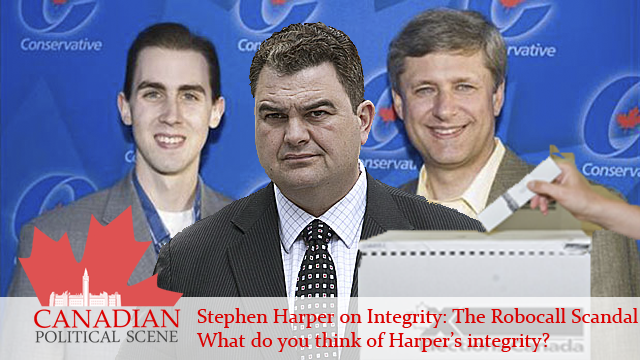A picture is worth a thousand words.
While Harper criticizes Cuba’s communist regime and human rights policies, he has meanwhile made deals with the Chinese to form a trade relationship which would see Chinese companies flock to Canada to extract oil from Alberta’s Tar Sands.
Meanwhile, the United States has vetoed our oil and an American organization launched an ad campaign against the Tar Sands in the past. Environmentalists and activists are in an uproar and are consequently being slammed as radical extremists being funded by Americans. Let us not forget, however, Harper’s links to Ethical Oil and Sun Media (proponents of the project) and of the funds he received from American oil lobbyists.
Environmental assessments have been cut deliberately to speed the process of the destruction and sale of the oil sands which are situated near countless green spaces which include wildlife that will become endangered and extinct with the deforestation project and various consequences of placing a pipeline between Alberta and British Columbia.
Let us not forget the Oil Spill in the Gulf of Mexico when we decide to place an oil pipe in a heavily sensitive region.
The oil sands are getting a negative response in Europe and Former Cuban President Fidel Castro came out publically criticizing Canada’s environmental record which The UK’s The Guardian stated was “mired in thick black tar” during the Copenhagen summit in 2009.
“A pathetic 3% cut on their 1990 emissions levels by 2020 – an offer mired in thick black tar.”
The Guardian, November 2009
If Canada is willing to trade with China, a country which Harper himself criticized when first taking office in 2006 for the same reasons he criticized Cuba at the last Americas summit, why does it apply this double standard, even when the two countries traded in the past during a US embargo? Follow us and leave your feedback: Facebook,Twitter,Google+.
Categories: Alberta, Conservative, Environment, Foreign Affairs, Foreign Interests, Gas, Harper, Natural Resources, Oil
On Monday, the longest campaign in modern history will come to a close and if current polls are any indication, Canada may be seeing a change in government after 9 years of Conservative rule under the leadership of Stephen Harper. Accountability was his calling card in 2006 and today, accountability may very well be one of the defining reasons for his departure.
On Monday, the longest campaign in modern history will come to a close and if current polls are any indication, Canada may be seeing a change in government after 9 years of Conservative rule under the leadership of Stephen Harper. Accountability was his calling card in 2006 and today, accountability may very well be one of the defining reasons for his departure.
In its length, in its cost and in its debate schedule, this election is unusual. The first and possibly only real debate of the campaign ended and here are the highlights of what happened.
In its length, in its cost and in its debate schedule, this election is unusual. The first and possibly only real debate of the campaign ended and here are the highlights of what happened.
Prime Minister Stephen Harper left Rideau Hall this morning with Governor General David Johnston’s approval to drop the writ and Canadians are now officially headed to the polls on October 19. For the first time since fixed election date legislation was brought in by the Conservative government, a fixed election date has been followed.
Prime Minister Stephen Harper left Rideau Hall this morning with Governor General David Johnston’s approval to drop the writ and Canadians are now officially headed to the polls on October 19. For the first time since fixed election date legislation was brought in by the Conservative government, a fixed election date has been followed.
Share this
article with your friends!
What do you think? Leave a comment!






